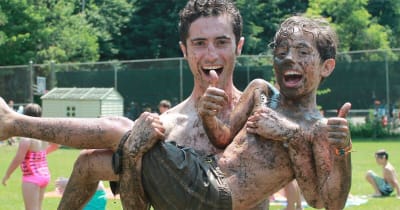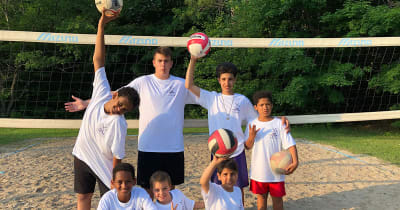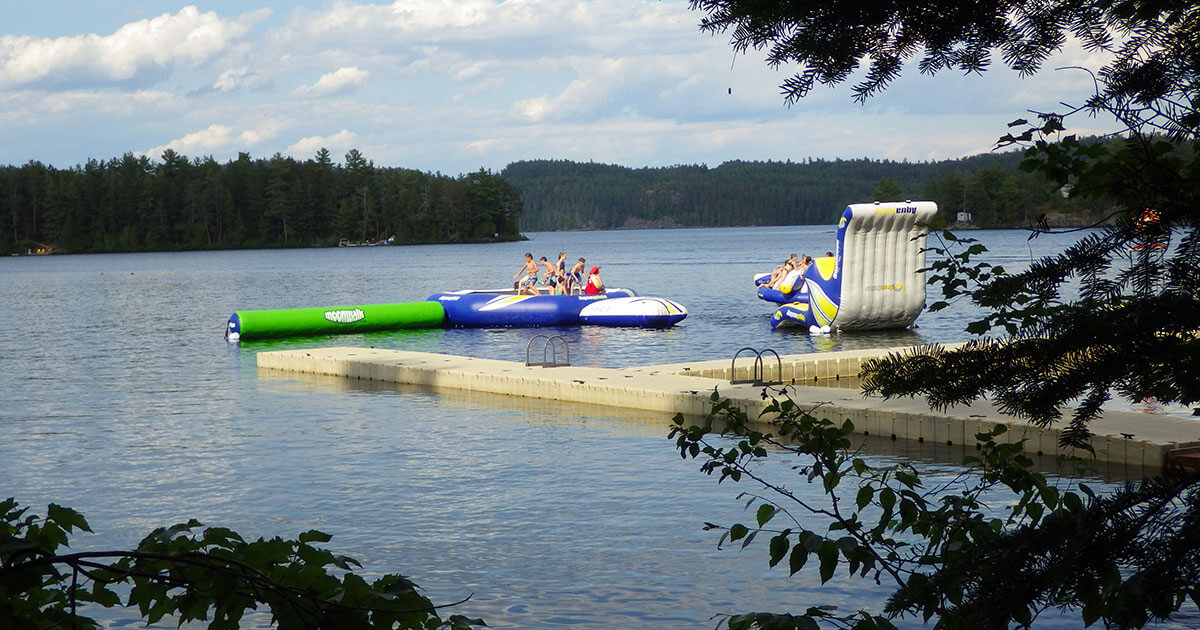He has plenty of experience in all three areas as the former head of outdoor education at Queen's University, author and editor of 15 books, past chair of the Arctic Institute of North America, and international fellow of the Explorers Club. Now, as executive director of the Canadian Canoe Museum in Peterborough, Ontario, he puts his vessel of choice on display for the world.
"It's not an accident that canoes are still used broadly as an icon," says the 55-year-old. "What is it about a canoe? I think you're facing forward. You're going into the world. You don't need a track... It doesn't matter who you are — a canoe is a profound symbol that really speaks to connecting the people who live here to the land."
To Raffan, a canoe can teach lifelong lessons that go beyond the brain — lessons that begin at summer camp.
Camp Alumni - The Paddling Historian - James Raffan from Our Kids Net on Vimeo.
"It's important to have knowledge of the heart," he explains. "How do you get that? Well, you learn through the soles of your feet, the palms of your hands, the seat of your pants. All that knowledge has to pass through your heart on the way to the head."
When you get to the edge of what you know and have to cross a threshold, real learning happens, he says.
"Camp is full of edges — whether its darkness, being away from home, strange food, living in a cabin with people you don't know, climbing rocks, paddling down rivers, doing tough portages," he says. "I think every camp can probably point to people who have become the best that they can be."
Start your own learning adventure at Camp Kandalore.







